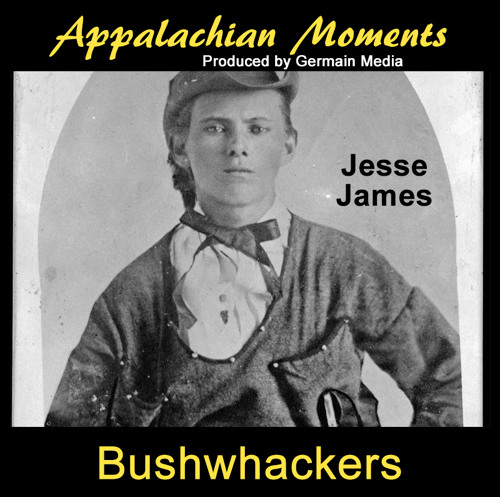New Appalachian Moments Blog Post by Scott Ballard
When I say the term bushwhacker, it’s not some high powered garden tool…I’m going back to the Civil War and attempting to clear up some confusion…the confusion exists because the term was used to describe both Union and Confederate partisans…it just depended on where you were located geographically.
Beginning in the south, where the bulk of the war was fought, the southern states created militias often called the Home Guard from men aged 18 to 50 who, for whatever reason, were not fit to fight on the front lines. And talk about decentralized direction and organization! These units did not have much of a guidebook to go by…sure, they were to guard bridges, supply depots and other strategic assets, but rounding up deserters by any means necessary ended up being their primary focus.
Many Southern Highlanders despised the draft and a small but significant percentage of families still sympathized with the Union. Fearing for the safety of their families, some men joined local Confederate units but were only half-hearted in their devotion. When confederate soldiers realized that the war might take awhile, it was not unusual for troops to slip back home to either help put a crop in or just check on things…The Rebel Army generally frowned on that.
And thus, the mountains of Appalachia became fertile ground for men either avoiding the draft or hiding out near their homes. As the war continued, Union sympathizing men and Confederate deserters, growing weary of hiding and being hunted, began to fight back and thus the term bushwhacking was born and revenge killing soon became the norm in the mountains.
But the term really was dependent upon your location…the bushwhackers in the Missouri territories were Confederate sympathizers…it generally was just guerilla warfare against the powers that be. And while war sometimes brings out the best in folks, as in World War II and the Greatest Generation, such conflicts can also bring out the worst: witness Bloody Bill Anderson out in Kansas. He was one bad bandito. And while you might not instantly recognize his name, you might better recall two of his protégés…Frank and Jesse James.
Jesse and his brother got their lawless start as bushwhackers running wild with Bloody Bill, but thank goodness they couldn’t hold a candle to their mentor as their Wild West legend was built mainly on robbing stagecoaches and trains. The end of the line for James came in 1882 at the age of 35 when a man bushwhacked him in his very own home with his pistol. The reward…a hefty $10,000! As the saying goes, live by the sword, die by the sword!

